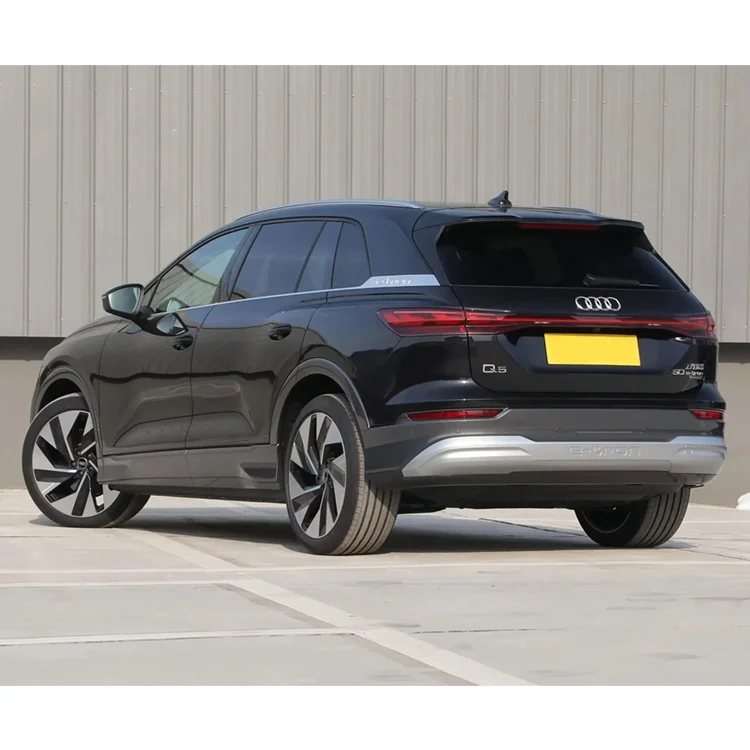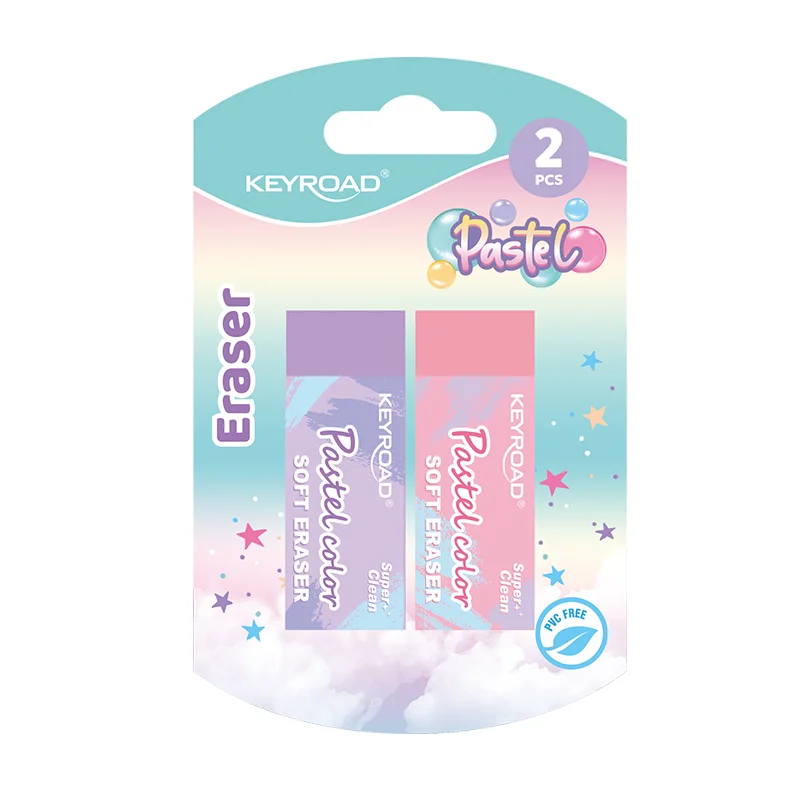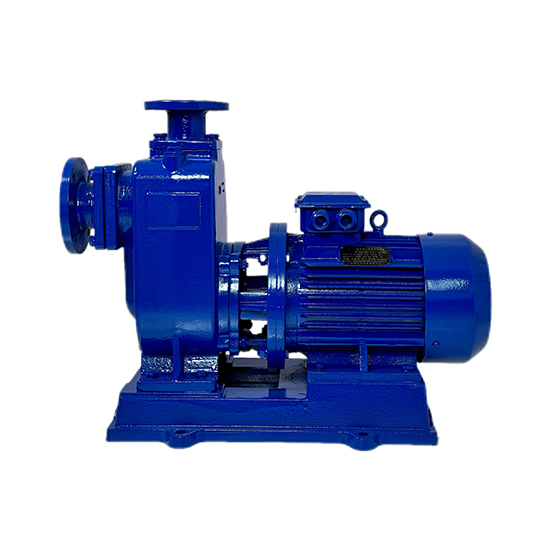In the age of smartphones, the allure of digital cameras may seem diminished, yet the quest for high-quality photography remains strong among enthusiasts and novices alike. For beginners venturing into the world of photography, selecting the right digital camera can be a daunting task. With a myriad of options available, understanding the key features and specifications is essential for making an informed decision. This guide aims to demystify the process and help you find a digital camera that suits your needs and aspirations.
Understanding Your Photography Goals
Before diving into the specifics of camera models, it’s crucial to identify your photography goals. Are you interested in landscape photography, portraiture, or perhaps street photography? Understanding your primary focus will help narrow down your options. For instance, if you’re drawn to capturing fast-moving subjects, you might prioritize a camera with a fast autofocus system and high burst shooting capabilities.
Types of Digital Cameras
- Point-and-Shoot Cameras: These compact cameras are user-friendly and ideal for beginners. They offer automatic settings that allow you to focus on composition rather than technical details. However, they often lack the versatility and image quality of more advanced models.
- Mirrorless Cameras: Gaining popularity for their lightweight design and interchangeable lenses, mirrorless cameras provide excellent image quality and advanced features. They are suitable for beginners who want to grow their skills without investing in a bulky DSLR.
- Digital Single-Lens Reflex (DSLR) Cameras: Known for their superior image quality and extensive lens options, DSLRs are a favorite among serious photographers. While they can be heavier and more complex, many entry-level DSLRs come with user-friendly modes that make them accessible to beginners.
Key Features to Consider
When selecting a digital camera, several key features should be taken into account:
- Sensor Size: The sensor is the heart of the camera, affecting image quality and low-light performance. Larger sensors, such as APS-C or full-frame, typically produce better images, especially in challenging lighting conditions.
- Megapixels: While more megapixels can enhance image detail, they are not the sole indicator of quality. For most beginners, a camera with 16 to 24 megapixels is sufficient for high-quality prints and online sharing.
- ISO Range: A wider ISO range allows for better performance in low-light situations. Look for cameras that offer a high maximum ISO setting, which can help reduce noise in dimly lit environments.
- Autofocus System: A reliable autofocus system is crucial for capturing sharp images. Look for cameras with multiple autofocus points and fast focusing capabilities, especially if you plan to shoot moving subjects.
- Video Capabilities: If you’re interested in videography, consider a camera that offers high-definition video recording. Many modern cameras now support 4K video, which can enhance your creative possibilities.
Recommended Cameras for Beginners
- Canon EOS Rebel T8i (EOS 850D): This entry-level DSLR offers a user-friendly interface, excellent image quality, and a versatile autofocus system. With a 24.1 MP sensor and Dual Pixel autofocus, it’s perfect for both photography and videography.
- Nikon Z50: As a mirrorless option, the Nikon Z50 boasts a compact design, a 20.9 MP sensor, and impressive low-light performance. Its intuitive touchscreen and built-in Wi-Fi make it easy to share your photos on the go.
- Sony Alpha a6000: This mirrorless camera is known for its fast autofocus and continuous shooting speed. With a 24.3 MP sensor, it delivers stunning image quality and is lightweight, making it ideal for travel.
- Fujifilm X-T200: Combining retro aesthetics with modern technology, the X-T200 features a 24.2 MP sensor and a user-friendly interface. Its film simulation modes allow beginners to experiment with different looks and styles.
Conclusion: Your Journey Begins Here
Choosing the right digital camera as a beginner is an exciting step towards exploring the world of photography. By understanding your goals, familiarizing yourself with different camera types, and considering essential features, you can make an informed decision that aligns with your creative aspirations. Remember, the best camera is the one that inspires you to capture the moments that matter. As you embark on this journey, embrace the learning process, experiment with different techniques, and most importantly, have fun capturing the beauty around you. Happy shooting!







